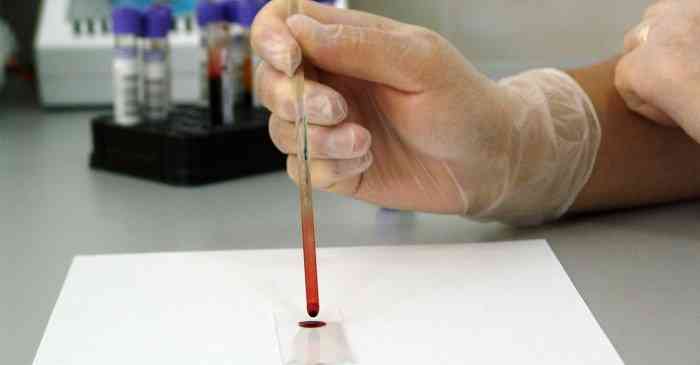Resumo
Um dos principais exames laboratoriais para diagnóstico de sepse é a hemocultura. Contudo, vários fatores podem interferir no resultado final desse exame, colocando em risco a qualidade e veracidade do laudo liberado. A positivação de hemoculturas é uma ocorrência frequente no ambiente nosocomial, entretanto nem sempre essa positividade é verdadeira, podendo deflagrar-se um resultado falso positivo, o qual poderá induzir um tratamento errôneo por parte da equipe médica assistente, colocando sob suspeita a qualidade de análise do laboratório clínico e, acima de tudo, colocando em risco a estabilidade e a vida do paciente. A avaliação e execução adequada de todo o processo, desde a fase pré-analítica, pode garantir a qualidade final do exame e resguardar a segurança do paciente quanto à assistência à saúde. Além disso, assegura ao médico assistente informações condizentes para o tratamento adequado do assistido.
Palavras-chave: Hemocultura, Antissepsia, Segurança do paciente, Fase pré-analítica.
Abstract
One of the main laboratory tests for the diagnosis of sepsis is blood culture. However, several factors can and will affect the final result of the review, jeopardizing the quality and veracity of the report released. The assertiveness of blood cultures is a frequent occurrence in nosocomial environment, however this is not always positive is true, and can trigger up a false positive result. A final report false positive may lead to an erroneous treatment by the assistant medical team, putting on suspicion analyzing quality of clinical laboratory and, above all, putting at risk the stability and life of the patient. The evaluation and proper execution of the entire process, from pre-analytical phase, can guarantee the final quality of the examination and to protect patient safety with regard to health care. It also ensures consistent information to the attending physician for proper treatment of assisted.
Key words: Blood culture, Antisepsis, Patient safety, Pre-analytical phase.
Confira aqui o artigo:











